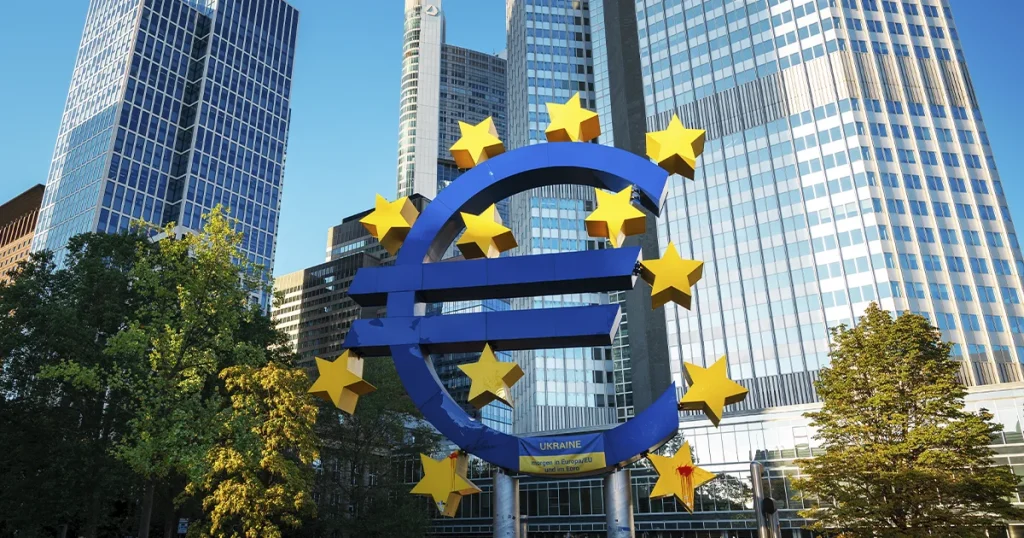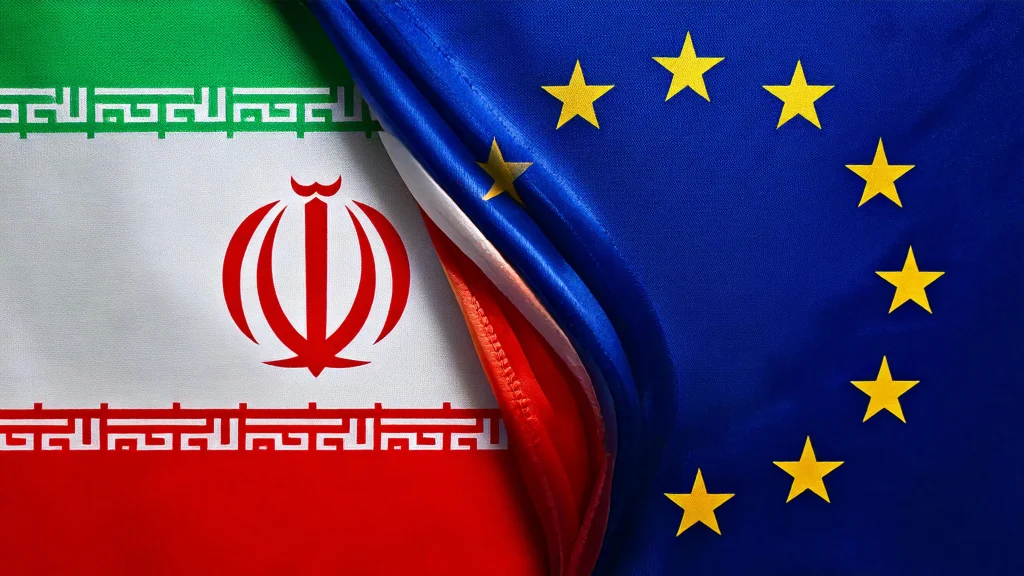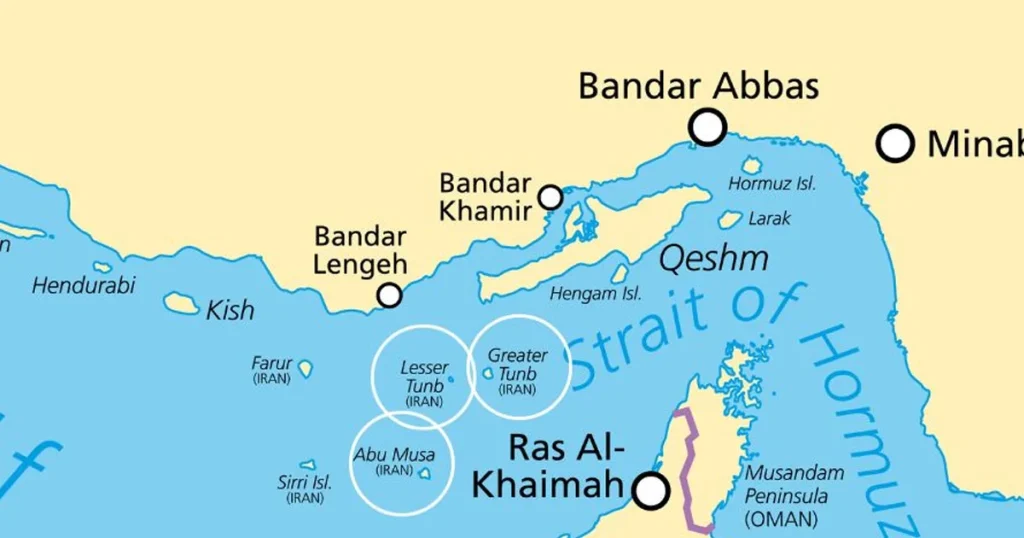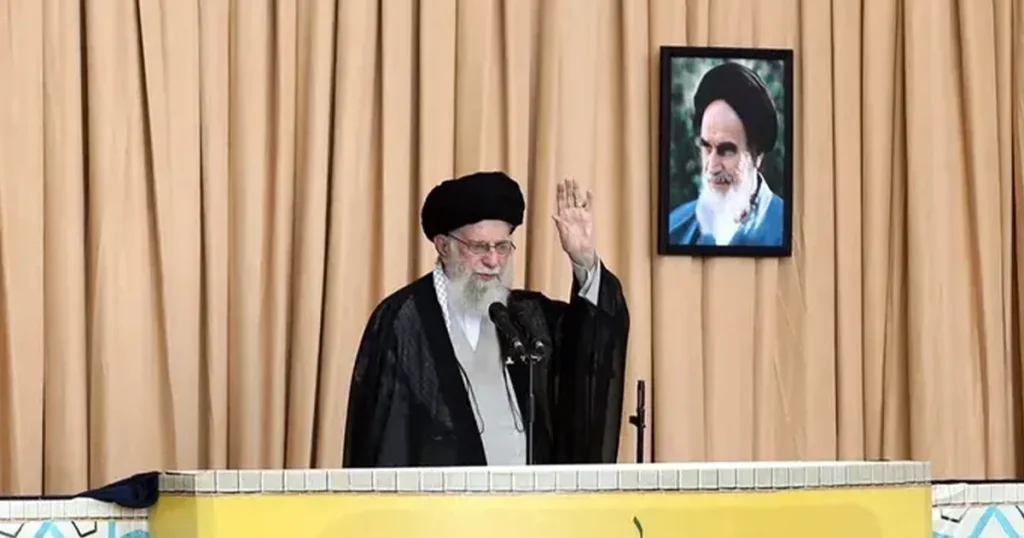The Islamic Republic of Iran has long been known for its troubling financial ties and activities that extend far beyond its borders. Its economic infiltration into Europe, particularly through banking institutions, has created a network that supports the regime’s dangerous ambitions. The banks involved have been sanctioned repeatedly for financing terrorism, nuclear proliferation, and weapons of mass destruction, yet they continue to operate on European soil, raising serious concerns about the integrity of Europe’s financial system.
Iranian Banks Operating in Europe
Several Iranian banks maintain branches across Europe, operating in major cities like London, Paris, Hamburg, and Rome. These include Bank Melli, Bank Sepah, and Bank Saderat, all of which have been sanctioned by the United States and the European Union for their connections to terrorism and weapons programs. These banks, through branches in European financial hubs, have become key players in the Islamic Republic’s global operations.
Bank Melli, for example, has branches in London, Paris, and Hamburg, with a reported business volume of €700 million in Hamburg alone in 2022. Despite being sanctioned in 2007 for supporting Iran’s weapons programs and providing banking services to the IRGC and Al-Qods forces, it remains active, taking advantage of loopholes and delays in enforcement.
Bank Saderat, which has branches in London, Frankfurt, and Athens, has been sanctioned for funding terrorist groups like Hamas and Hezbollah. Its presence in Europe is a direct violation of international sanctions aimed at preventing the Islamic Republic from spreading its influence and destabilizing regions far from Iran.
Bank Sepah, another Iranian bank with branches in Paris, Rome, Frankfurt, and London, continues to operate despite facing sanctions for its involvement in the development of weapons of mass destruction. Germany imposed a credit ban on Bank Sepah in 2017, but the bank’s Frankfurt branch continues to conduct business as usual.
European Banks Enabling the Islamic Republic
While Iranian banks maintain a troubling presence in Europe, some European banks are also complicit, working with the Islamic Republic and facilitating its economic activities. These banks, knowingly or unknowingly, are contributing to the financing of terrorism and the expansion of Iran’s destabilizing influence.
In Italy, banks like Banca UBAE and Banca Popolare di Sondrio have direct ties with Iranian financial institutions. Banca UBAE has a consultant in Iran to facilitate services in trade finance between Iran and Europe, while Banca Popolare di Sondrio allows direct money transfers between Iranian banks like Bank Sepah and Bank Saman. Despite US and EU sanctions, these banks continue to maintain their partnerships with Iran.
Germany is home to Volksbank, which claimed in 2024 that it no longer facilitates transactions with Iran. However, past reports suggest that Volksbank had helped countries in the Middle East, including Iran, during times of economic difficulty. Varengold Bank, based in Hamburg, has also been implicated for its collaboration with proxies of the Islamic Republic’s regime in the Middle East.
Moreover, the European-Iranian Trade Bank (EIH) in Hamburg played a central role in financial transactions linked to Iran’s nuclear and missile programs. Despite international sanctions, EIH continues to operate and employ 67 people, with 10 staff members working directly in Iran.
The Implications for European Security
The persistence of Iranian banks and their European partners operating across the continent highlights the urgent need for stronger sanctions and better enforcement. The Islamic Republic of Iran, through its economic ties in Europe, is not only bypassing sanctions but actively financing terrorism and pursuing weapons programs that threaten global security.
Allowing these banks to continue functioning on European soil undermines the EU’s own sanctions and its commitment to global security. Europe must take immediate action to sever these financial ties and close the loopholes that allow the Islamic Republic to maintain its foothold in European markets.
By continuing to do business with the Islamic Republic’s banks, European financial institutions are complicit in the regime’s activities, perpetuating its violent and terrorist agenda. The time for complacency has passed. Europe must act now to stop the Islamic Republic’s economic infiltration before it becomes too deeply entrenched in the continent’s financial system.
In conclusion, the financial links between Europe and the Islamic Republic of Iran represent not only a threat to European security but also a moral failure to uphold the principles of international law. The presence of Iranian banks in Europe and the collaboration of European banks with Iran’s regime must be terminated immediately to prevent further damage to global stability.
Think about it: Europe’s financial system should not be a playground for a terrorist regime.






